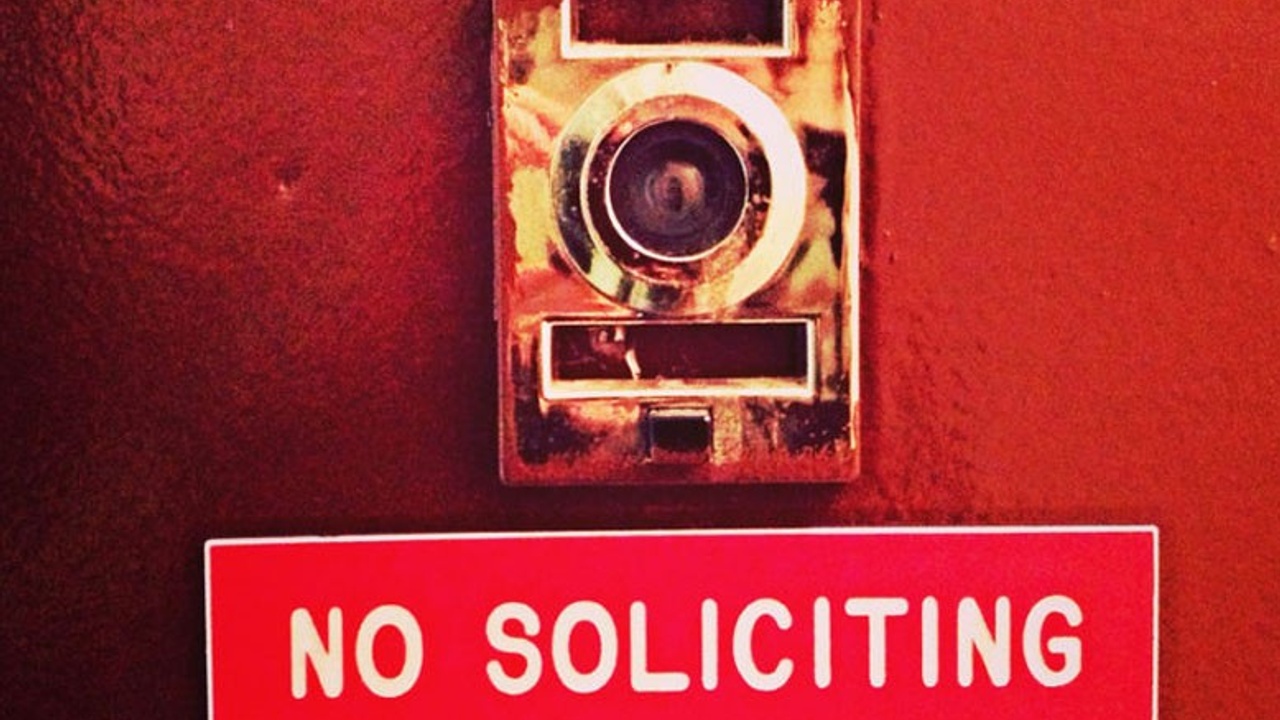The Right (and Wrong) Way to Solicit on LinkedIn
Dec 14, 2021
I recently posted a simple question – and brief explanation – about how people handle LinkedIn connections who immediately solicit you. I must have touched a nerve, because it went a bit viral. You can check out the post here.
As you can see, it seems like I’ve happened upon something we all feel, something universal – we hate being sold to blindly. None of us like getting an immediate solicitation from a new LinkedIn connection. What’s more, the consensus in my comments was that such behavior was grounds for an immediate disconnection.
If that seems drastic, let’s take a look at an example of a bad solicitation I received recently:
This user’s name and other identifying information has been changed. Text, including the user’s typos, has remained unchanged.
Happy New Year Corey! I’m expand my network by connecting with other colleagues from LinkedIn Connection University. – Dr. Bad Solicitation
Mon Corey Kupfer sent the following message at 8:46 PM
Dr. Bad Solicitation, thank you for your connection request. I do not believe we know each other (please correct me if I am wrong). For me to consider connecting with someone I don’t know, I need to understand why you want to be connected with me and what triggered the request. Thanks, Corey
Dr. Bad Solicitation sent the following message at 8:49 PM
Corey Thank you for your email. Your bio precedes you. If you have or know of anyone 9 business or personal contacts ) who are in need of commercial or residential properties located in Florinecticut as per a Good Investment, feel free and confident to have them reach out to me. Thank you
Urgh! Dr. Bad Solicitation lives up to his fake name, right? There’s so much wrong with this approach. This connection didn’t even answer my reasonable request about why he chose to connect with me. Instead, he issued an inauthentic compliment about my bio and leapt immediately into his sales pitch. For Dr. Bad Solicitation, this is purely transactional. I don’t approach my business relationships that way. Disconnect.
So, what should Dr. Bad Solicitation have done differently? Let’s examine another connection I received recently. It also came with a solicitation, but the approach here is so much better. Here’s how Ben Value-Add approached me:
This user’s name and other identifying information has been changed.
Hi Corey,
I see we have some mutual connections.
I am always looking to grow my network of professionals here on LinkedIn. If you are open to that please accept.
Warmly,
Ben.
9:29 AM
Ben Value-Add is now a connection
Mon Ben Value-Add sent the following message at 6:59 AM
It’s an honor to Connect!
I hope everything is well with you in your personal and professional life!
Here’s a document I pass out to all my new connections. It’s a summary of the growth strategies we use for our clients and ourselves. No strings attached. No opt-in. No cost 🙂
[There was a hyperlink to a .pdf here]
Here’s what we do at MyCompany:
He included a short, clear and strong mission statement here.
If you or someone you know has a bodacious dream and needs someone to capture that on film and let the world know about it – I’d love to talk!!
With thanks,
Ben Value-Add
555-555-5555
Did you catch what Ben did there? Yes, this is still a pretty immediate solicitation, but Ben’s approach gets several things right. First, he’s not forcing the issue. He opens the request explaining that we have mutual connections, and then clearly explains his primary motivation for connecting – always growing his network. He closes the message by actually asking me to connect. It’s polite, professional, and respectful of boundaries.
Ben was off to a great start, but a bad solicitation—something baldly transactional—can squash that good will in an instant. Ben didn’t go there. Instead, Ben chose to give first. He asked nothing of me. He gave me a document that was, I must say, legitimately useful and filled with content that interested me. And, he made it clear that at no point would there be expectations of me doing business with him.
Now, I’m not considering using a service like Ben’s at this particular moment. However, I’m sure the time will come, and I won’t forget this interaction and Ben’s choice to give first. He clearly understands the value of building authentic business relationships. That kind of alignment shows me that he and I would, likely, work well together.
A transactional and exploitative approach, on the other hand, is a sure failure. It cheapens business relationships down to the simplest compliment. Look back at Dr. Bad Solicitation’s compliment. “Your bio precedes you,” seems so hollow and exploitative in the context created by his shallow solicitation. This is not how authentic business relationships are formed, and it’s a habit more of us need to break.
For an expanded take on how to build authentic business relationships, check out my blog or my video on the topic.
Corey Kupfer is an expert strategist, negotiator and dealmaker. He has more than 35 years of professional deal-making and negotiating experience. Corey is a successful entrepreneur, attorney, consultant, author and professional speaker who is passionate about deal-driven growth. He is also the creator and host of the DealQuest Podcast.
If you want to find out how deal-ready you are, take the Deal- Ready Assessment today!


